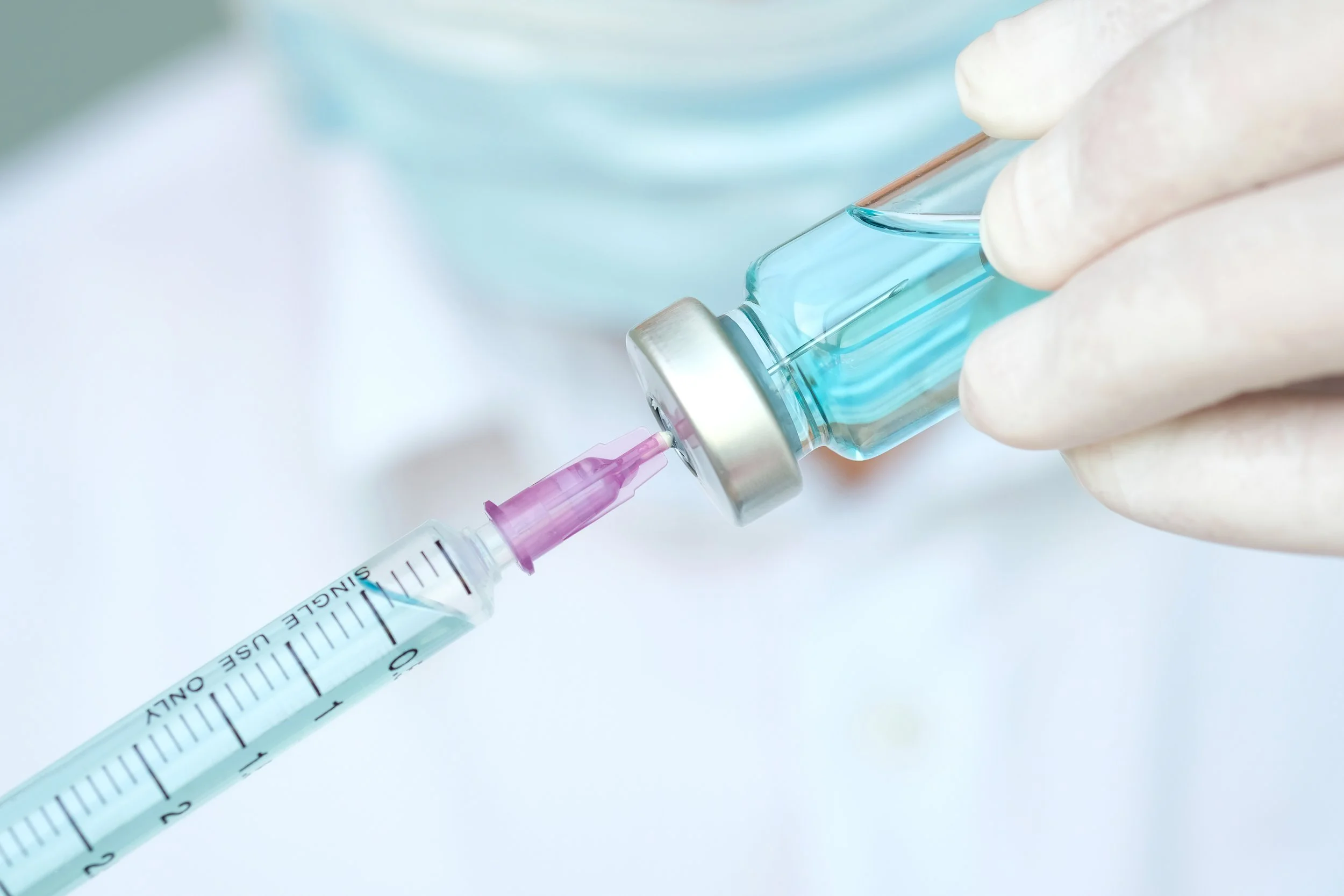Are you experiencing symptoms as a result of your hernia and/or your GERD? If so, an improvement in your lifestyle habits can go a long way towards alleviating these symptoms and making your condition a bit more manageable. It’s important to remember, though, that surgery is the only way to fully correct either condition. Here are some lifestyle tips on how to treat a hiatal hernia.
Read MoreDo you have chest pain and severe heartburn? If so, you may be confused about what’s going on; in fact, this condition we’re discussing today often gets mistaken for other conditions. In this post, we’ll discuss the answers to some common questions we hear here at the Tampa Bay Reflux Center: what causes esophageal ulcers, what does it feel like to have an esophageal ulcer, and how do you know if you have an esophageal ulcer?
Read MoreAchalasia is a disorder of the lower esophageal sphincter (or esophagus itself) in which patients have a hard time swallowing. Achalasia sufferers may also have other symptoms, such as acid reflux. In this post, we’ll briefly discuss the different treatment options available for achalasia, and hone in on one popular treatment: Botox injections. We’ll also answer the following common questions: how successful is Botox for achalasia, does Botox help with achalasia, and how long does Botox last for achalasia?
Read MoreLet’s take a look at some common questions about GERD that may affect what decisions you make during your next date: how can I relax my GERD at night, what relieves GERD right away, and what makes GERD worse at night?
Read MoreDealing with Achalasia is no easy task, and though the disorder is not curable, fortunately, it is treatable. Generally, there are four treatment options for dealing with Achalasia, but the best nonsurgical treatment known to provide lasting effects is a Balloon Dilation. Read about how a balloon dilation can ease the symptoms of Achalasia and how the procedure works.
Read More





